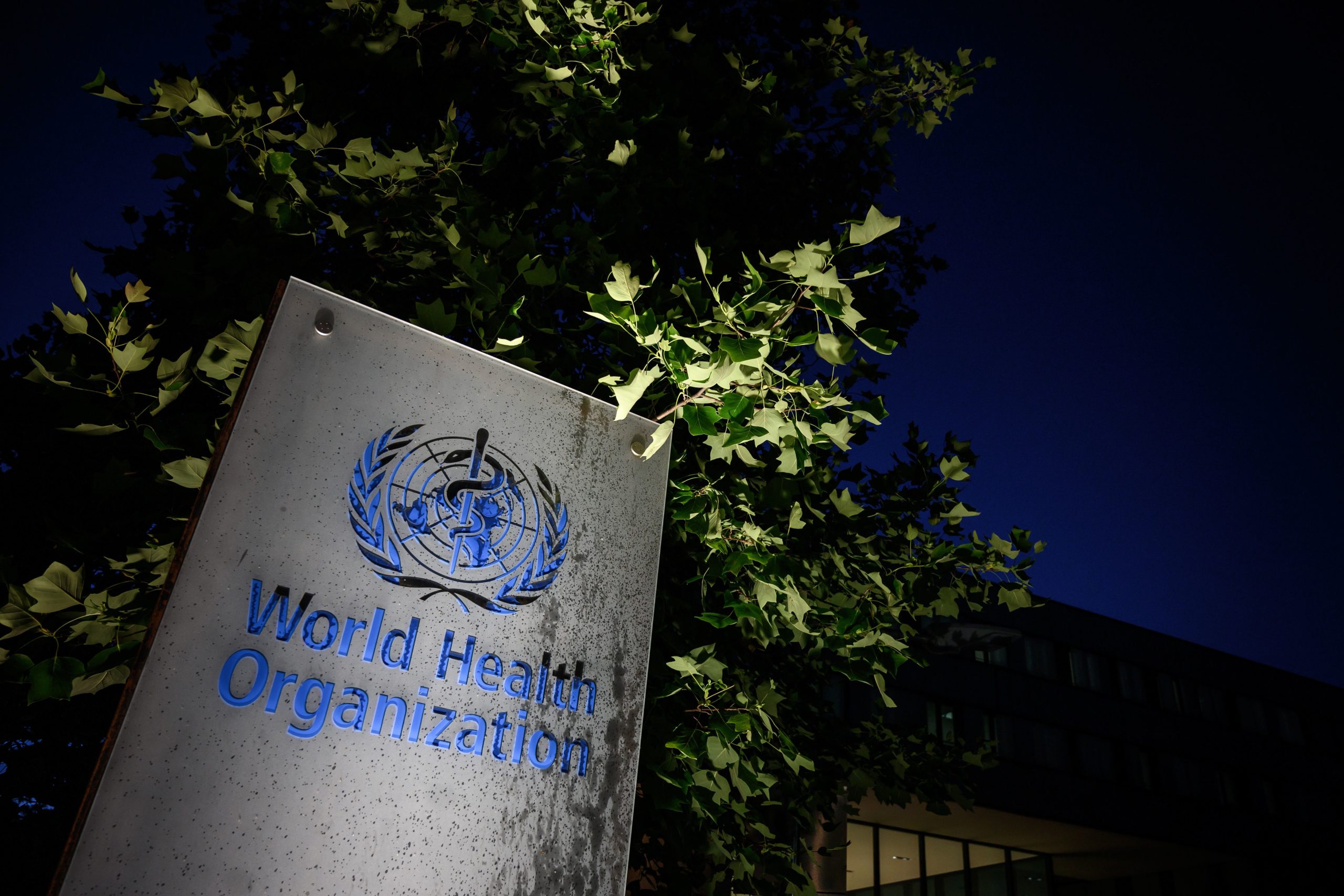What if all it took for the world to return to normal was a shot in the arm?
Politicians are repeating the mantra that a coronavirus vaccine is the exit strategy. But getting there is neither simple nor even guaranteed.
“A vaccine is not a given,” said David Heymann, a professor of infectious disease epidemiology and distinguished fellow at Chatham House.
There are hundreds of vaccine candidates in development, but the vast majority will fail. Assuming one is successful, it could take years to manufacture billions of doses for the entire globe.
With this in mind, “waiting for a vaccine is a poor, poor exit strategy,” Heymann argued.
“Instead of going for silver bullets and moonshots, the focus should be on doing the hard slog of public health” — Devi Sridhar, chair of global public health at the University of Edinburgh
He and other experts say that the idea that a vaccine is the only way out could provide people with false hope and ignore other vital public health measures already at our disposal. For example, politicians could give equal attention to a COVID-19 cure or to more comprehensive testing methods — or promote simple public health measures like hand washing.
“Instead of going for silver bullets and moonshots, the focus should be on doing the hard slog of public health,” said Devi Sridhar, chair of global public health at the University of Edinburgh.
Here are four public health measures that experts say need to be put in place. But spoiler alert: Most require up-front investment and have their own hurdles.
Mass testing
One of the clear ways out is knowing who has the virus.
Testing was key at the start of the pandemic, but as people emerge from lockdown, “it acquires an even more important position,” said John Middleton, president of the Association of Schools of Public Health in the European Region.
As the number of infected people dwindles, pinpointing who has the virus makes it possible to put up a “cordon sanitaire” and focus on the ill and those theyve been in contact with. But its also vital in another way, he noted, by understanding factors like the geographical extent of the spread.
“You can look at surveillance and population studies to see how far the virus has spread, and what level of immunity there might be in the country,” Middleton added. “That could influence how safe it is to [scale back] lockdown.”
There are, as always, obstacles to surmount. First, ramping up capacity has been a problem for many countries. In the U.S., cuts to public health budgets mean that theres a lack of qualified personnel and machinery. Testing capacity there had to be built from scratch, Middleton explained. In the U.K., shortages of reagents meant that testing was reserved for those who were ill in the hospital.
Inaccurate testing is another problem. With popular nasal swab tests, false negatives rates can be as high as three in 10. For more precise blood tests, the opposite is a bigger problem — false positives leading people to think theyve contracted the virus and are immune, thus skewing statistics, Middleton explained.
“Politicians have seen it as a beauty contest — how many tests are done — without a proper understanding about the results,” Middleton said. The good news is that the technology is improving, and better, more rapid tests are coming along, he added.

A staff member of Furniture Village takes a customers temperature in London on June 5, 2020 | Ben Stansall/AFP via Getty Images
Austrian geneticist Hans Lehrach, of the Max Planck Institute, thinks its time for a completely new way of testing.
“This requires a different approach to testing as landing a man on the moon required a different approach than hot air balloons,” Lehrach said.
Lehrachs idea is that governments could test everyone in a given country or in the EU for five consecutive weeks by genetic sequencing. If countries did this, they could effectively eliminate the virus in that area.
It would require citizens and governments buy-in — literally. But so far, governments have been slow to take on this new testing approach.
Many of these apps arent interoperable across borders, so their effectiveness at fighting major public health problems is not known.
“Whatever we do will not be for free,” Lehrach said. But he argues that this approach would eliminate the virus from the targeted area and allow people to go back to restaurants and work knowing “that everybody they meet is free of the virus.”
Contact tracing
If theres one immediate priority that governments should invest in for the short term, its contact tracing, argues Clare Wenham, assistant professor of global health policy at the London School of Economics.
“The countries that are able to resume normal life — Hong Kong, Taiwan, South Korea — they … have the infrastructure to be able to do really granular and effective contact tracing,” Wenham said.
This requires an effective application and staff who can “join the dots.”
“When one person gets infected, [the tracers] can notify who theyve been in contact with, and reach the people that werent on the app for whatever reason. A bank of staff that can do that last mile,” she said.
Numerous European countries are trying to do this already, including the U.K. and Germany. But theyre running into two problems. Many of these apps arent interoperable across borders, so their effectiveness at fighting major public health problems is not known. And many people are afraid of signing up.
“For a lot of Europeans, its not a natural thing to have the government tracking everything on your phone and your movements,” said Wenham.
Assuring people that their data is safe, and not being used for any other purposes — for example to be sold to third parties — is key here, Wenham added.
“This is a dataset that would be rich for selling,” she said. “You need to make sure that you have that data security.”
Finding a cure
One major advantage that therapies have over vaccines is that theyre easier to test — and therefore faster to bring to market.
David Salisbury, an associate fellow at Chatham House and former director of immunization at the U.K.s Department of Health, explained that this comes down to the comparative ease of setting up clinical studies for drugs.
“You test [an] antiviral in people whove got the disease, and you hope to see that those that you treat with the antiviral get better and survive better than those who have a placebo or an alternative treatment,” Salisbury explained.
“With a vaccine, youve got to show that it stops people actually getting infected,” he said. “So it has to be administered in a place where the virus is circulating, and administered in extremely large doses.”
This means vaccine developers are constantly racing to roll out clinical trials in places where the virus is still on the rise. Recently, the University of Oxford and AstraZeneca launched a new wing of its phase 3 clinical trial in Brazil because thats where the “epidemiological curve is still rising.”
“We need drugs before we get a vaccine”— Nick Cammack, COVID-19 therapeutics accelerator lead at the Wellcome Trust
But regardless of whether and when a vaccine is developed, therapies are necessary, say experts.
“We need drugs before we get a vaccine,” said Nick Cammack, COVID-19 therapeutics accelerator lead at the Wellcome Trust. “We need drugs while we have a vaccine … and we need drugs after we get a vaccine, because even for conditions that we currently have vaccines for you still have breakthrough cases.”
The first line of defense is coming from repurposed drugs, he noted at a webinar organized by the Wellcome Trust last week. These are medicines already developed to fight other diseases and are now being tested to see if they help patients.
The two medicines that have been in the spotlight — remdesivir and hydroxychloroquine — fit into this category. However, evidence of their efficacy is, at best, spotty.
Remdesivir, an antiviral developed to fight Ebola by drugmaker Gilead, has shown it can











